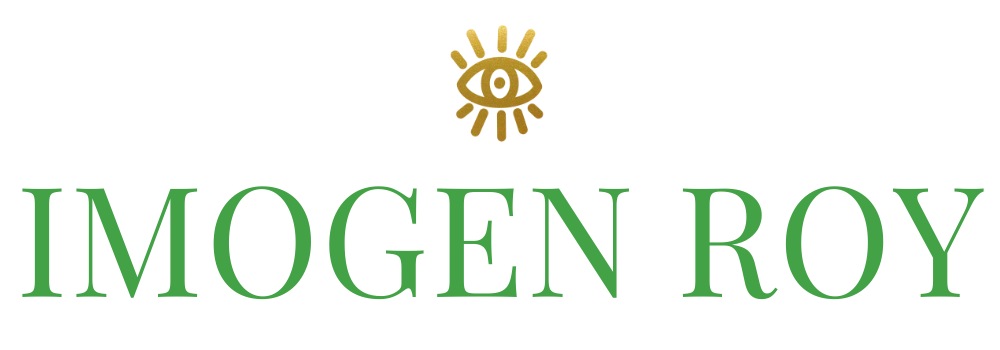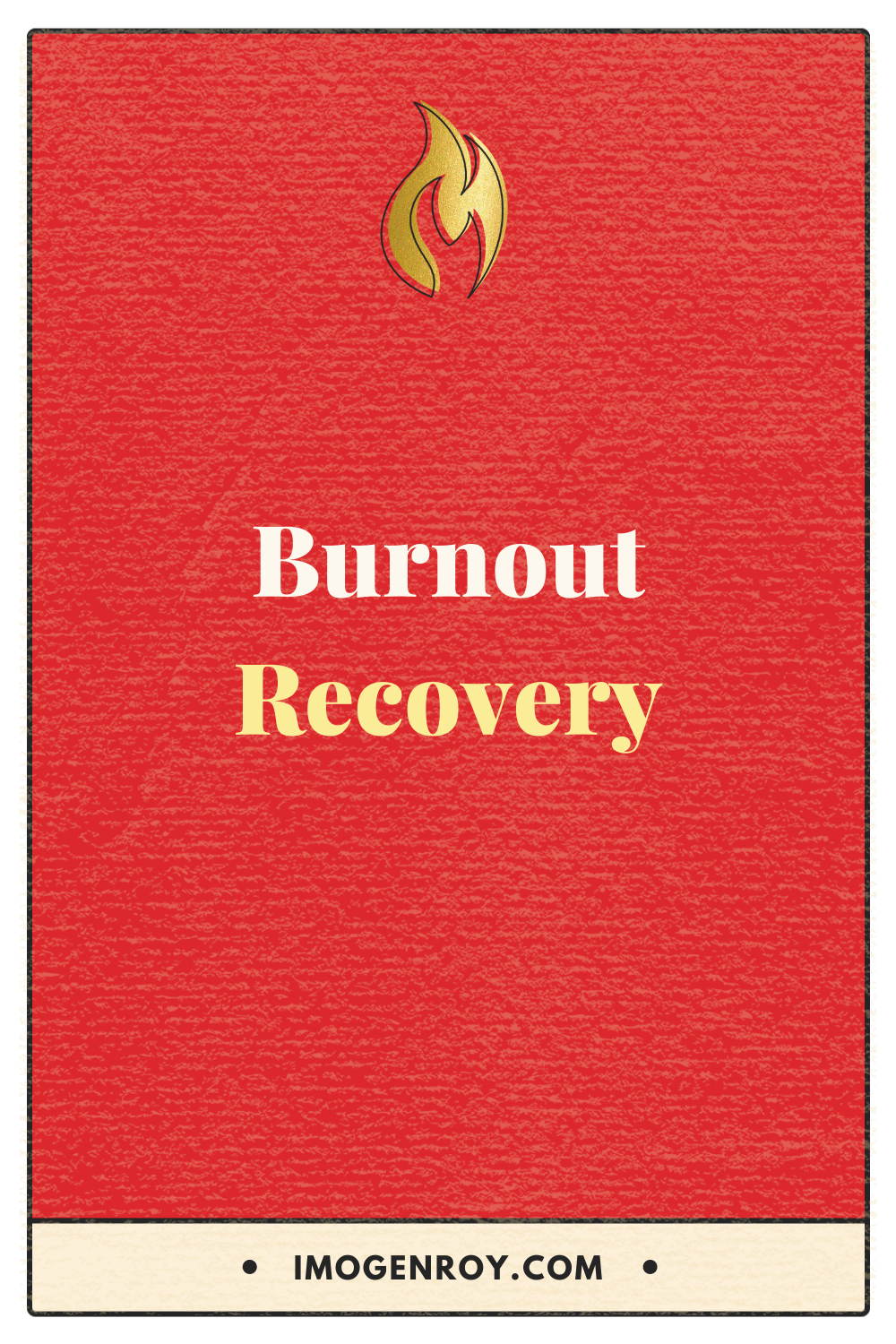How to Manage Burnout When You’re Self-Employed
Yes, you can burn out doing what you love.
Burnout and stress-related illness are on the rise. And as business owners and freelancers, we’re even more at risk of burnout than employees because of the weight of responsibility we carry.
It’s possible to burn out doing what you love. It happened to me. Here is my story of self-employed burnout and how I dealt with it.
Recognising Burnout
9 months into my journey as a self-employed consultant, I started experiencing the warning signs of burnout.
It started with irritability and a lack of concentration. My productivity disappeared. The things that normally light me up - coming up with a strategy, writing a brand style guide, signing a new client - suddenly filled me with resentment and dread. Then came the agonising back pain, racing heart rate, loss of appetite and a desire to quit every client contract I had and hide in bed for a week.
I finally realised - Oh god, this is burnout.
I didn’t imagine you could burn out doing what you love. I didn’t imagine you could burn out working 30 hours a week.
I was wrong.
At first, I felt like a failure. And I was confused. But I’m not even working that hard or that long! — I’d think to myself. I have a great life! I love my work!
I felt guilty. I felt weak.
Burnout manifests itself differently for everyone. But feeling constantly drained, irritable and unproductive are the most common early-warning symptoms.
Even if you’re not suffering a burnout, sometimes working for yourself just gets too much. And it feels like there is nowhere to get help.
If this happens to you, the ideal solution would be to just stop and take a break. But often that’s just not possible when you’re a business owner. The week I experienced peak burnout was, of course, the week in which I had a public speaking gig and client workshops in 3 countries. I survived. Here’s what I did to try to save myself.
Ever wondered am I living a life that’s true to myself?
Give yourself the gift of clarity.
Vision of Success Online Course – now available
How to Manage Burnout When You Can’t Take Time Off
Only do the essentials
If you can’t stop altogether, you need to devote the little energy you have to the absolute essentials and forget everything else. Postpone or cancel non-urgent, non-reputation-critical tasks. The key phrase here is ‘reputation-critical’. Leave those emails unread. Delegate or outsource anything that needs to get done but not necessarily by you. To counter the sense of overwhelm and dread, you need to relieve the weight of responsibility from your shoulders.
Reduce your hours
If you can’t take time off altogether, the next best thing is to reduce your working hours for a period and actually use the time when you’re not working to rest. Like, really rest.
Tell someone
Entrepreneurship is a lonely game. Managing yourself when no one is looking out for you except you is a learning curve. Without colleagues or an empathetic manager to witness your changing mood and offer to share your burden, you have to recognise when to proactively seek help. As soon as I dropped my mask of being seen as the person who keeps it together all the time and told a couple of friends and my husband that I was experiencing burnout, I instantly felt better.
Organise something to look forward to
Burnout often happens when we haven’t been doing enough of the things that we really want to do. While your calendar may look full of “fun” - that friend’s birthday, that industry event - or things that “should” be good for you, like another gym class, if you don’t really want to do them you’re simply increasing your burnout burden. Organise something just for yourself - a weekend trip, a show, a day in bed - that you commit to just for you.
Get out of the house (or office)
Get out into nature, even if it’s just a walk around your garden or a park. Go stare at trees and watch birds. Take your shoes off and walk in the grass. Trust me, it helps.
Reduce additional emotional stress
When it rains, it pours. Chances are that when you’re feeling most fragile, the world just piles it on. A family member gets poorly. Your boiler breaks. This might be the most difficult rule to enforce, but try to reduce extra emotional stress coming your way. This could be in the form of a friend who wants to offload a new relationship drama on you, or a client who really knows how to push your buttons. Do what you need to do. Leave the email unread. Ignore the calls. You’re human. You can’t be there for everyone all the time.
See every challenge as an opportunity to grow
Now that you can name what it is, it will get better. Focus on what you’re going to do to reduce the chance of burn out happening again. Personally, I now understand that while being booked out with back-to-back projects is an amazing privilege, you can have too much of a good thing. And that being emotionally and mentally invested in the success of so many other people’s businesses can come at a price.
Update
In November 2019, exactly one year after my burnout, I made this video about the radical overhaul I made to my work and business in the 12 months that followed.
For one year, I decided to see what would happen if I put my mental, physical and emotional health first over clients, over opportunities, over money. My health was in such bad shape that I was willing for my career to take a hit if that’s what it had to take.
So I took the risk.
This is what life after burnout looks like…
I hope this shows people what life after burnout can look like, and also that while burnout and near-constant stress at work is sadly the norm for many people today, it doesn’t have to be.
A lot of us choose this entrepreneurial adventure because we have something we want to bring to the world. Because we want to solve problems and help people. Because we care. But in order to succeed, we have to take care of ourselves too. Burnout is not a failure. It’s a lesson. Which is why I’m sharing my story here.
I’m Imogen, and as a Strategy Coach, I help entrepreneurial people to be more prolific, productive and present in their life and business…without burning out.
Join me to learn how to be productive with purpose, set intuitive and meaningful goals, develop self-knowledge and self-belief, take aligned marketing action and build the confidence to finally run your business, your way.
Sign up for my Success Strategy newsletter or follow me on Instagram for more updates.
Pin this blog post for later:




